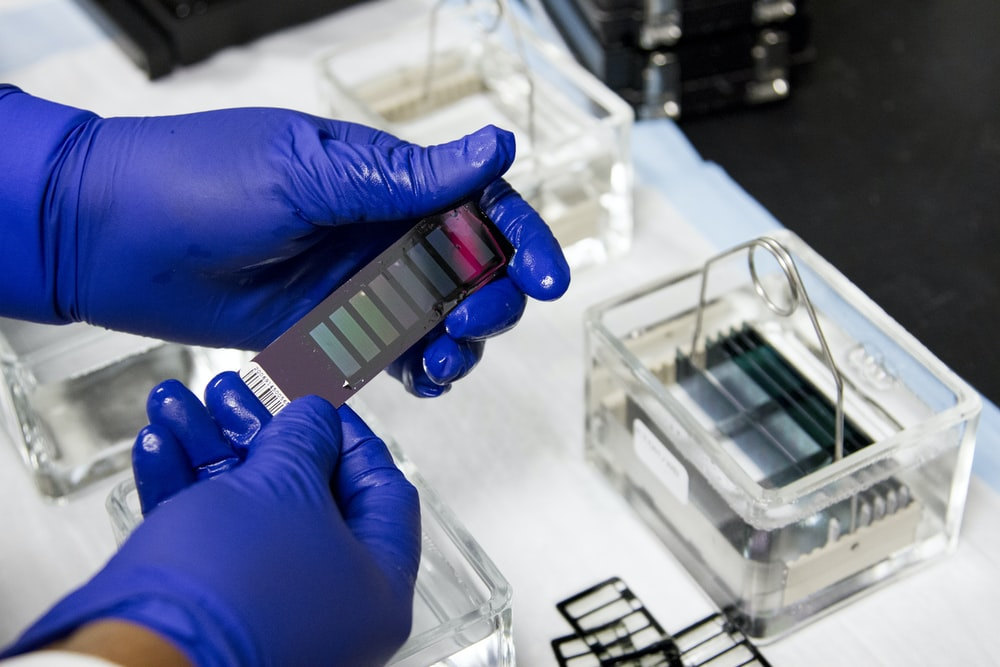
Understanding and Treating Glucose Intolerance: All You Need to Know

Glucose intolerance is a combined term referring to various metabolic conditions that result in increased blood sugar levels. Higher than average blood glucose levels may indicate diabetes or prediabetes. Unfortunately, this condition has become increasingly common in the American population.
Symptoms of glucose intolerance mirror diabetes and prediabetes symptoms. These include:
- Frequent urination
- Blurred vision
- Fatigue
- Thirst
- Dry mouth
- Drowsiness
- Loss of muscle mass
- Extreme tiredness
According to the National Health Service, these symptoms may or may not be evident in the patient experiencing glucose intolerance. However, if you notice any of these symptoms, contact mobile lab testing services to check your blood glucose levels immediately.
Types of Glucose Intolerance
Following are the types of glucose intolerance:
- Type 2 diabetes
- Prediabetes, also known as intermediate hyperglycemia
- Impaired glucose intolerance
- Impaired fasting glucose
Testing Glucose Intolerance
Your doctor can diagnose glucose intolerance by prescribing some tests. These tests include an oral glucose tolerance test and a fasting plasma glucose test.
- An oral glucose tolerance test determines your body’s response to glucose and can also be used to identify type 2 diabetes. It can also help detect gestational diabetes, a diabetes type that occurs during pregnancy.
- A fasting plasma glucose test is done after the patient has fasted for at least 8-10 hours. This test can help indicate prediabetes and diabetes.

Treating Glucose Intolerance
Effective treatment of glucose intolerance requires the patient to make numerous lifestyle changes. Anti-diabetic medication may also be used to overcome the symptoms of glucose intolerance.
Patients should participate in regular physical activities, cut down on unhealthy habits such as alcohol consumption and smoking, lose weight, and consume a healthy diet that eliminates carbohydrates and sugar intake.
Your doctor might prescribe you some pills to treat glucose intolerance. Metformin is an effective tablet used for treating this condition. However, you must refer to your doctor before taking any over-the-counter medication.
Glucose Intolerance Diet
Most doctors suggest healthy eating to treat glucose intolerance. Consume a diet that consists of leafy green vegetables such as kale, broccoli, cabbage, etc. Expert nutritionists recommend a balanced diet consisting of whole grains, vegetables, and fruits low in sugar. You must also cut down on your salt and saturated fat intake for optimum results.
Risk Factors
People with the following risk factors must get themselves checked for glucose intolerance as the symptoms might not be evident:
- Poor lifestyle
- Genetics
- Diet
- Obesity
- Age
Avail mobile lab services fairfax at home for glucose intolerance. Phlebotomy on Wheels provides 24/7 in-home blood Draw services MD and specimen collection. Contact us today to schedule an appointment at your convenience.


